News
Jun 05, 2020
The Penn State Ecology Community is Committed to Combatting Racism and Injustice
The leadership of the Penn State Ecology community wishes to express solidarity with marginalized members of our society, and has prepared the following statement of support to all those who struggle against systemic injustices. We can and must do better.
Full Article
Jun 03, 2020
Huck graduate students among NSF award recipients
Five graduate students in Huck programs or involved with Huck centers, advised by faculty members in the College of Agricultural Sciences, were recipients or honorable mentions of National Science Foundation Graduate Research Fellowships.
Full Article
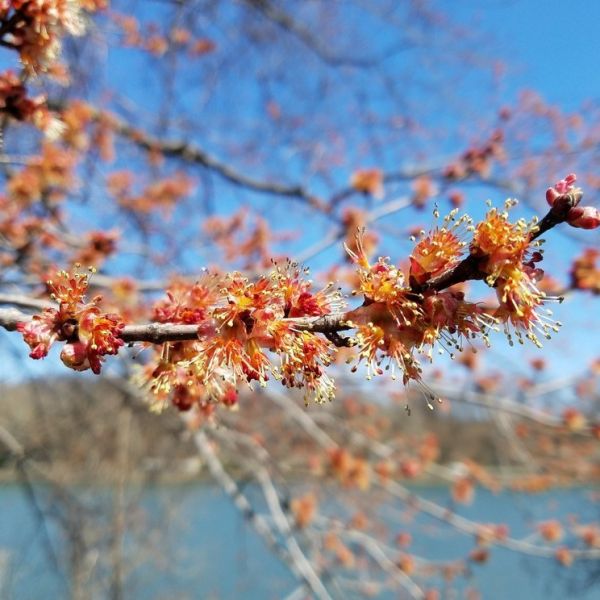
Apr 29, 2020
Study reveals important flowering plants for city-dwelling honey bees
Trees, shrubs and woody vines are among the top food sources for honey bees in urban environments, according to an international team of researchers. By using honey bees housed in rooftop apiaries in Philadelphia, the researchers identified the plant species from which the honey bees collected most of their food, and tracked how these food resources changed from spring to fall.
Full Article
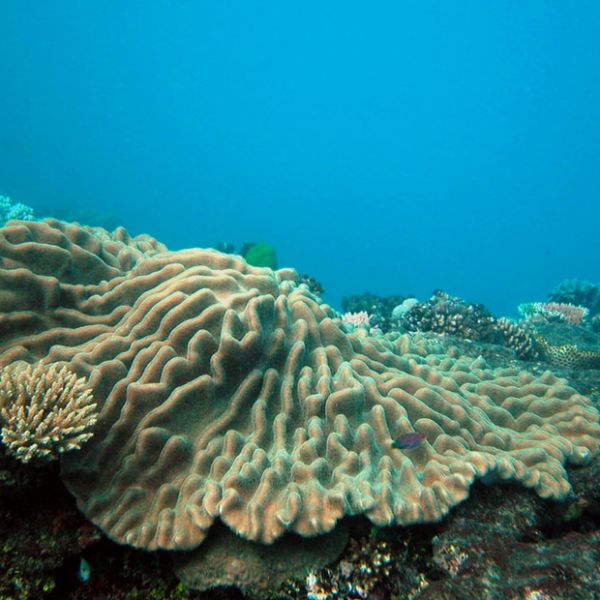
Apr 27, 2020
Iron deficiency in corals?
When iron is limited, the tiny algae that live within coral cells — which can provide the majority of a coral’s nutritional needs — change how they take in other trace metals, which could have cascading effects on vital biological functions.
Full Article

Apr 02, 2020
Proposals being accepted for ecology research funding
The Ecology Institute announced a call for proposals for its Flower Grant program. The funds aim to support ecology research focused across the institute’s five core themes: resilience and adaptation; provision of ecosystem goods and services; ecology at the interface; rapid evolutionary change; and ecological foundations.
Full Article
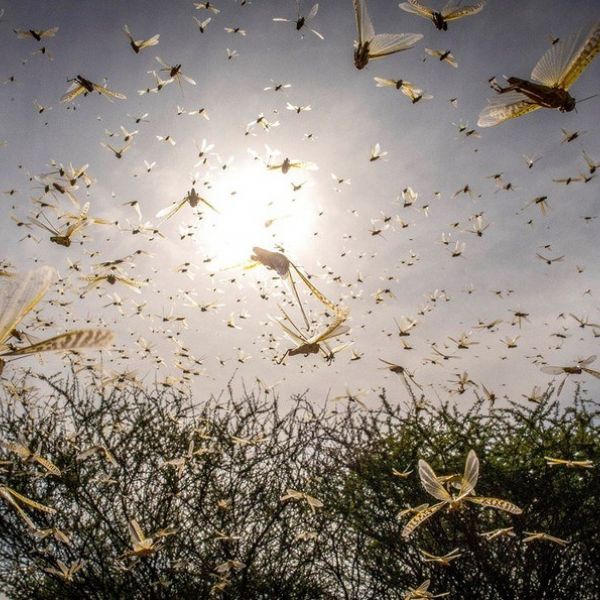
Feb 24, 2020
Penn State responds: App aids UN efforts to control Africa's locust infestation
A partnership with the UN enables Penn State researchers to rapidly respond to the locust crisis with an artificial intelligence tool that tracks the insects’ spread.
Full Article
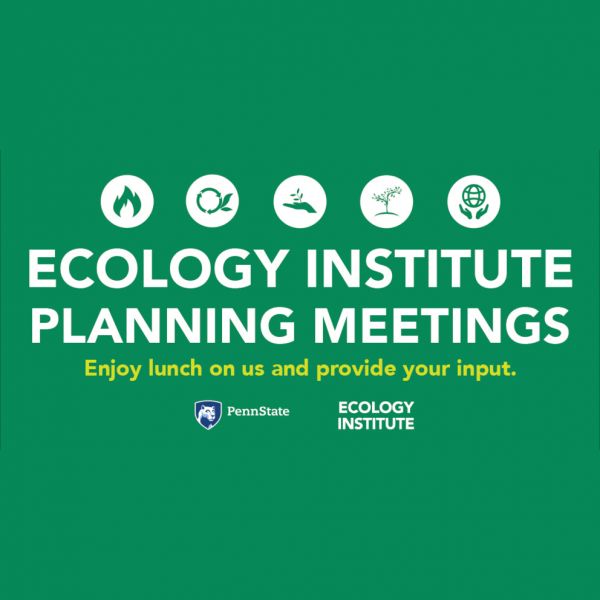
Jan 31, 2020
Ecology Institute invites University community to attend planning meetings
Penn State’s Ecology Institute has announced three planning meetings, which look to collectively identify objectives and prioritize activities that the institute can pursue moving forward. Additionally, information from preliminary survey data will be shared.
Full Article
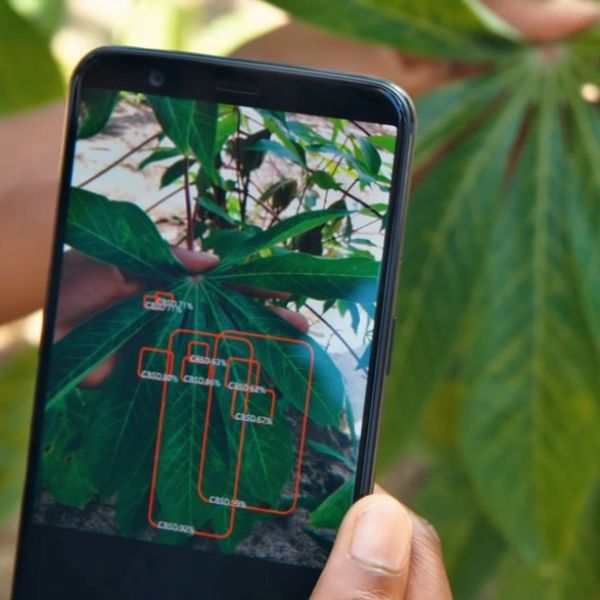
Nov 26, 2019
Grant will support expanded use of artificial intelligence for crop health
A research team developing artificial-intelligence-based solutions for diagnosing and managing threats to crop health has received a grant to expand the technology to assist more smallholder farmers around the world.
Full Article
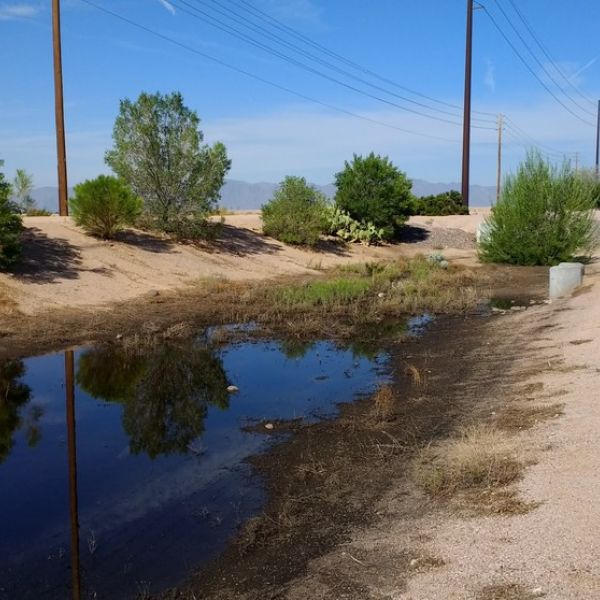
Nov 18, 2019
Urban development reduces flash flooding chances in arid West
Urban development in the eastern United States results in an increase in flash flooding in nearby streams, but in the arid West, urbanization has just the opposite effect, according to a Penn State researcher, who suggests there may be lessons to be learned from the sharp contrast.
Full Article
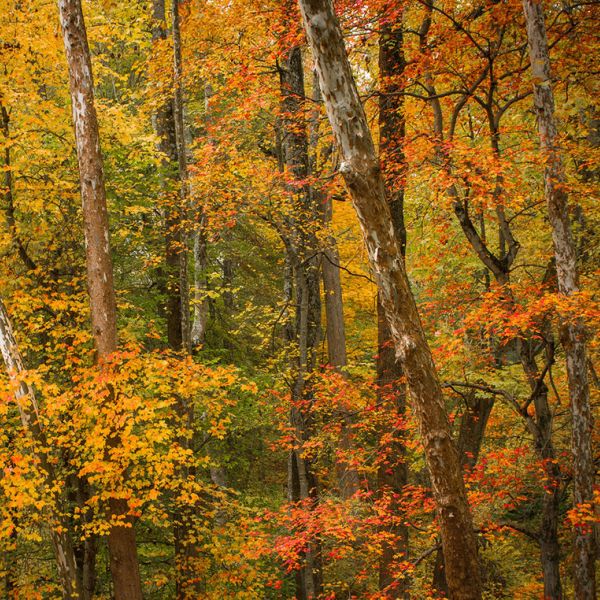
Oct 17, 2019
Extremely dry, hot conditions this fall causing early, muted foliage display
With last year being the wettest year on record in Pennsylvania, and this year starting out wet again, 2019 was set up to be the mother of all fall foliage displays. Trees in most areas were in great condition going into late summer.
Full Article